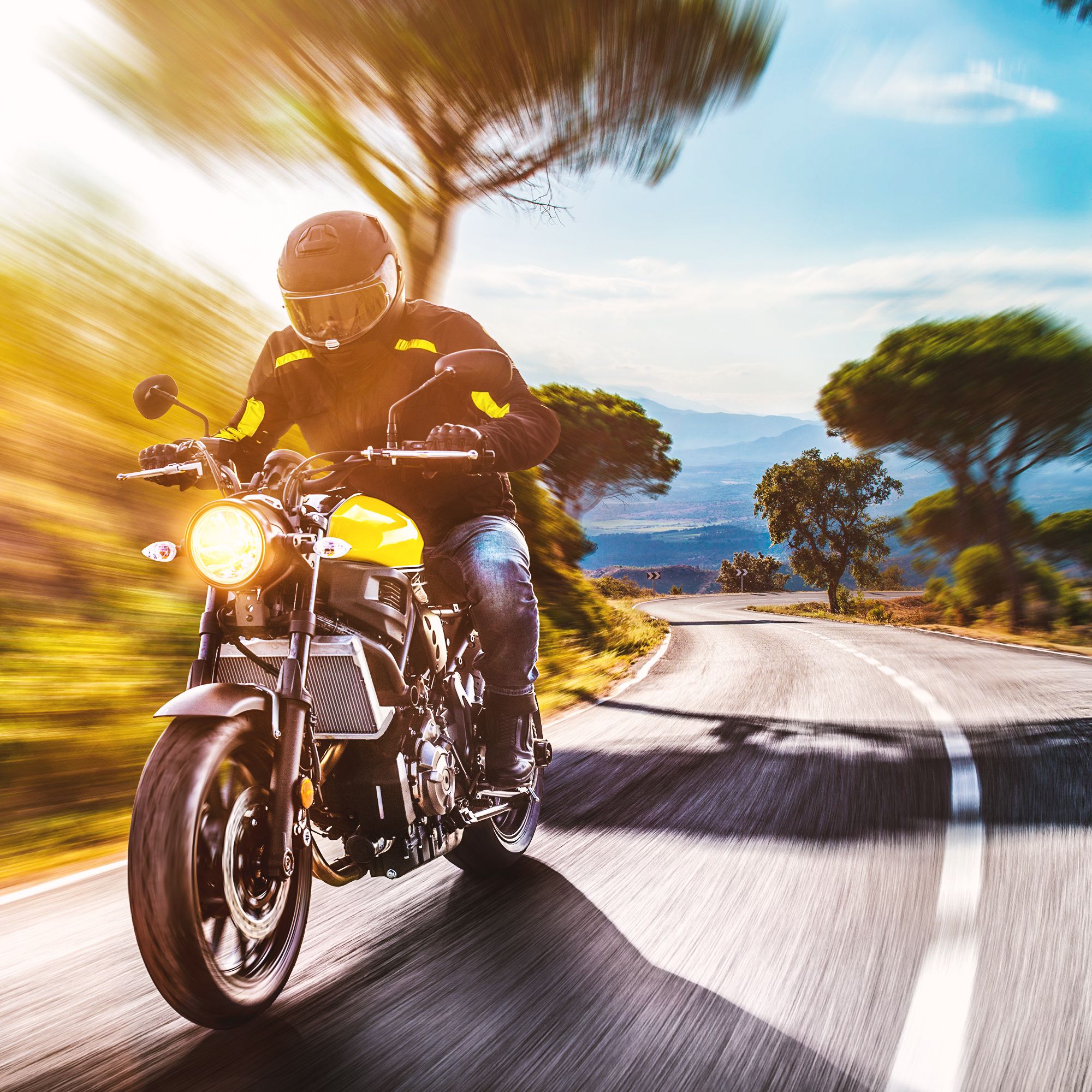
A motorcycle is one of the most versatile vehicles you can own, allowing riders to cruise across highways or navigate narrow city alleyways with ease. But not all motorcycles are created equal, and depending on your specific needs, even within certain bike models there are many variations to consider when shopping for your next ride.
New vs used bikes
One key difference between certain motorcycle makes and models is the price tag. For some riders, a new bike can be a great fit, but for others, buying a used bike is an easy way to save money. New motorcycles are appealing because of the warranty protection they provide; however, not all manufacturers offer warranties on their used models, so if you’re considering this option it’s important to do your own research beforehand. Ultimately, whether you go new or used depends on your budget; both models are available in nearly every motorcycle brand.
Interest rates
When you’re deciding between loan options, one of the main things you should look at are the interest rates of each loan. With a fixed-rate loan, the interest rate stays the same throughout the life of your loan. These loans make it easier to plan for expected expenses because you know exactly what your monthly payments will be every month; if you don’t plan well and end up needing more expensive repairs near the end of your term, though, you may find yourself in financial trouble.
With a variable rate loan, you have the possibility of paying a lower interest rate during the early months of your loan because it starts out low or even at an interest rate below prime. These loans are great for people who might receive a higher salary due to commissions or bonuses that could come in later on in their career, but watch out because the rates can climb quickly if you’re unable to make your payments on time.
Secured and unsecured loans
There are two main types of motorcycle loans available to riders: secured and unsecured. With an unsecured loan, the only collateral you have to place down is your reputation; if you default on a payment or pay late then the lender will likely report this information to the credit bureaus. Under certain circumstances, lenders can legally seize property you’ve purchased using this type of loan.
If you choose to go with a secured loan, on the other hand, some form of your property serves as collateral: if you default on a payment or pay late then the lender can seize your motorcycle and sell it. Because these loans are backed by collateral, interest rates are typically lower than what you’d pay with an unsecured loan.
Choosing a lender
Depending on your creditworthiness, motorcycle loans will be offered to you at different interest rates from different lenders. Credit scores only tell part of the story about whether or not you’ll be approved for a certain loan though, so it’s important to do your due diligence and investigate your options before committing to a lender.
Whether you’re applying for a new motorcycle loan or looking for refinancing options, the most important thing you can do is comparison shop between lenders. If you’re looking at Harley Davidson financing options, for example, your main lender options might be online lenders, banks or going directly to the Harley Davidson dealership to obtain dealer finance.
